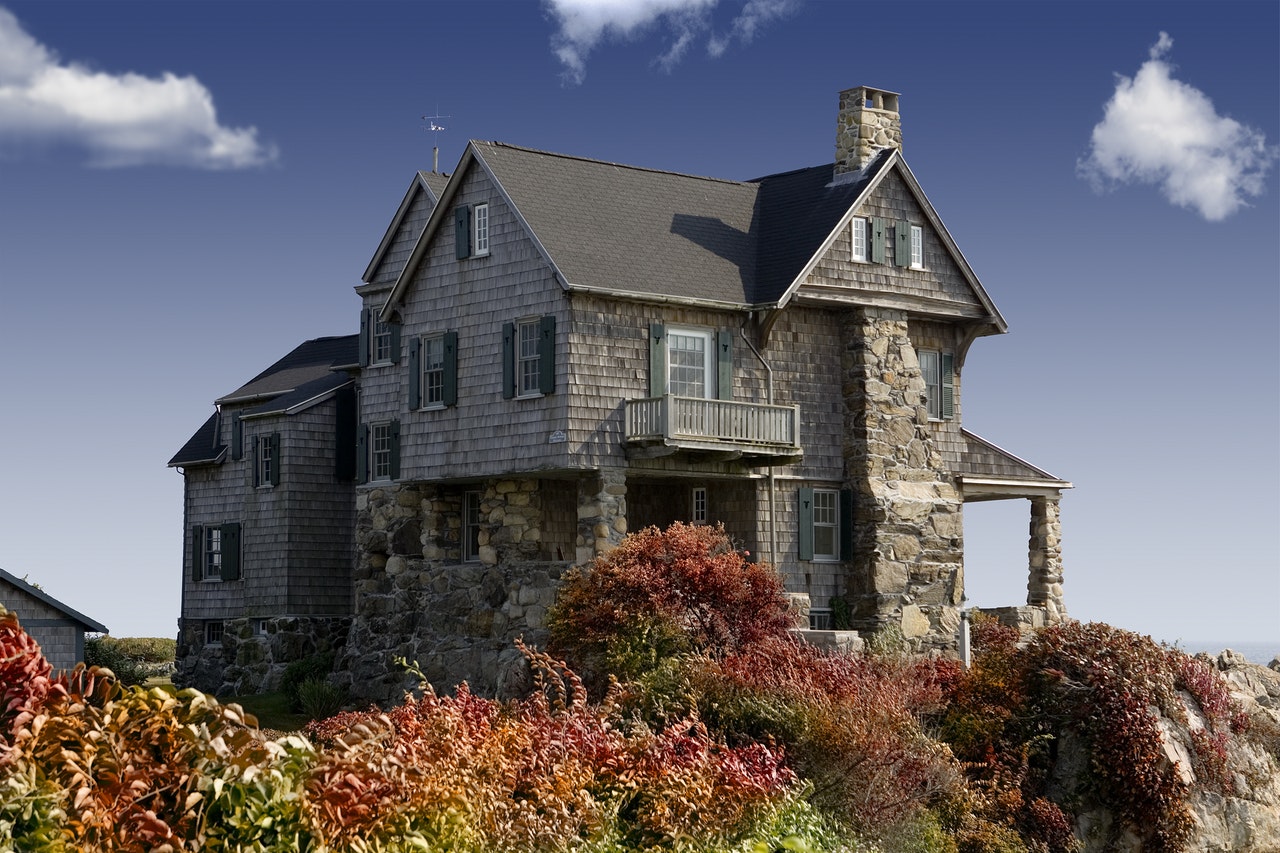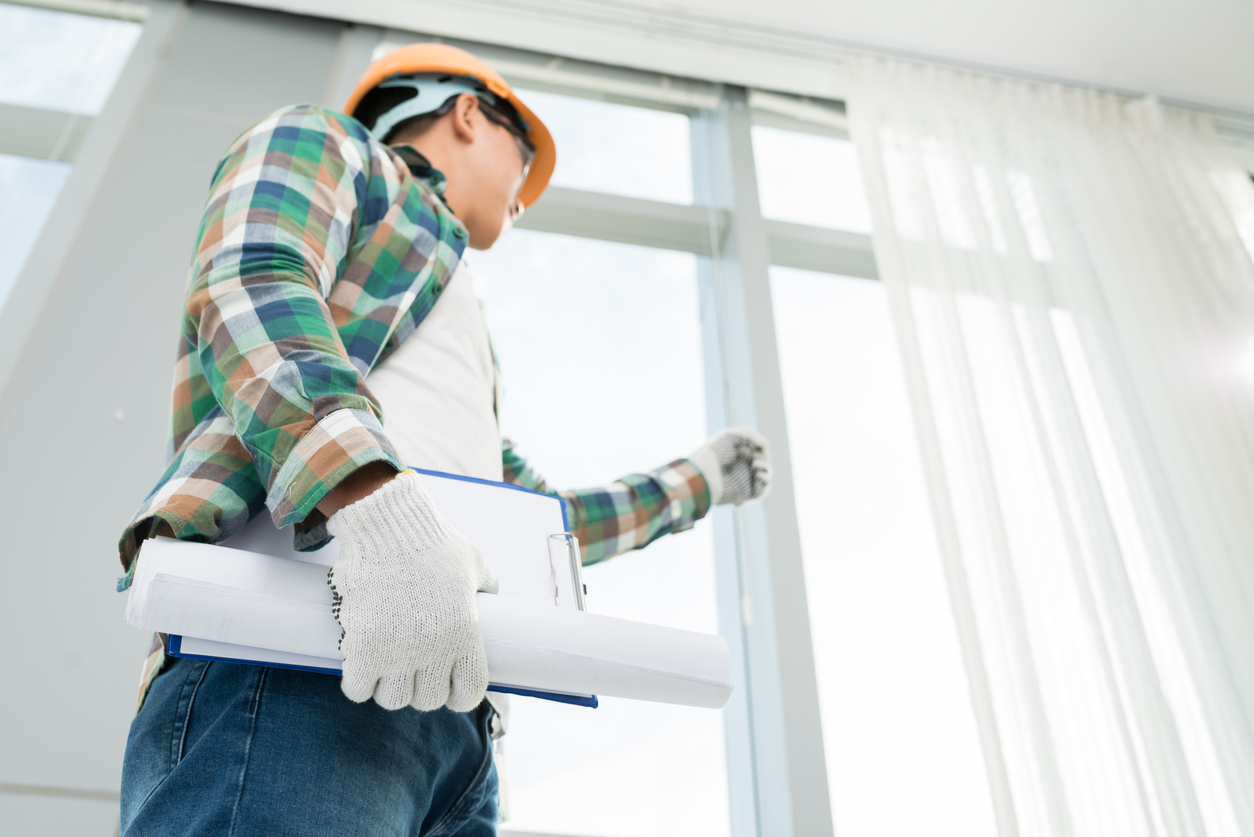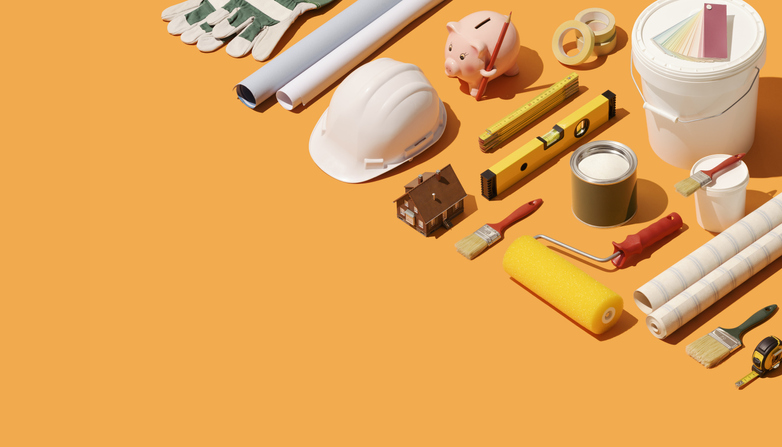If you’re in the market for a new house, you’ve probably already looked at a flipped home.
A flipped home is an older home that’s purchased on the cheap, then updated for resale. Usually, this is done by an individual real estate agent who is also a licensed contractor.
Most home flippers find a formula that works in their area and duplicate it in almost every home they buy, showcasing their expertise in the real estate business. Usually, they create an interior and exterior that will appeal to most home shoppers, leveraging their insights from the real estate business. That usually means stainless steel appliances, fresh granite countertops, and an open-concept floor plan. Sometimes, bathrooms are retiled, and plumbing is updated. Add in new faucets, cabinets, and paint, and you’ve got an updated home that’s ready for sale. But is a flipped home right for you?
Should You Buy a Flipped Home?
There is absolutely nothing wrong with purchasing a flipped home. But before you do, make sure that you stop long enough to consider why the home was flipped in the first place.
In most cases, the home is simply cosmetically outdated, and the former homeowners were not in the position to update it to sell. In this case, a home flipper can do a great job with beautiful cosmetic finishes and a few minor repairs.
However, many flippers get a great price on a particular home in a neighborhood that backs up to an apartment complex, a retail outlet, or a busy street. Take a close look at the house before you buy: many homes that have been flipped were bought by an investor for a reason.
Location, Location, Location
Pay attention to the actual location of the house, and be sure it is situated in a good spot in the neighborhood. Various factors to consider are the amount of lenders in the area, the weather, and the affordability.
Home flippers love houses just blocks from colleges, as they can command a higher rent for investors, and turnover is very good. If you work at the college and this is your scene, it may be a great place to buy. But, if you are a family looking for a serene setting, use caution when purchasing a home near a university. Is there a stealth dorm next door? Is the neighborhood overrun with college kids at night or on weekends renting homes throughout the area? Do you want to live next door to the annual fraternity crawfish boil involving hundreds of students?
The same caveat goes for homes located on major thoroughfares or very near to apartment complexes or retail locations. Think about what the neighborhood will look like in five years. Consider noise from neighbors and traffic. Ask around about who lives nearby, and notice what surrounds your potential dream home. Look up your address to check free what you’re allowed to build.”
Check the Home’s History
The house’s history is also a good thing for you to know since so much has happened before you came into the picture. Did the home flipper get the proper permits to do the work they did on the house? Does the title need any remediation work? Have all of the house’s systems been updated to the current code?
If not, you could be facing expensive or dangerous problems that you’ll need to fix before you can get homeowners insurance. Checking the house’s Home Report is a great place to start, but you can also visit your local department of buildings and safety to check for previous permit applications, and make sure to look at a complete title report.
Get a Great Inspector
A house can look amazing with just a few cosmetic upgrades like a new kitchen, a new bath, and a few layers of paint. But these finishes may be covering up problems associated with old homes that haven’t been properly maintained.
Get a great inspector to rule out unpleasant surprises like termite infestations, ancient plumbing, and electrical systems, substandard HVAC systems, damaged foundations, moldy walls, rotted subfloors, leaky roofs, rusty gutters, and a host of other issues that no one wants to deal with.
Don’t forget to ask for a separate inspection on any detached buildings, such as garages, as these structures usually aren’t inspected like the rest of the home. Remember that the home was flipped because its owners hadn’t updated it in a while, and inspect accordingly.
Other Considerations
- Budget: When making financial considerations, include both the purchasing costs and costs for maintenance and repair.
- Timeline: Create a timeline from purchasing to reselling the home. The timeline for the renovations helps to manage expectations and evaluates the flippers’ efficiency.
- Warranty: To cover any defects or issues that arise during the renovation.
- Permits: Having the right permits in place and complying with local building codes will save you from having legal issues.

Your New Flipped Home
It’s a huge relief to walk into a home that has been beautifully updated and is move-in ready. That’s the advantage of finding a home in your favorite area that has been flipped: it feels brand-new, without new-construction prices. Most resale homes will need a little work before you can move in. If you don’t want to live in the rubble of a remodel, then a flipped home may be a great option for you–as long as you do your homework.
Before you fall in love with the snazzy new backsplash and shiny wood floors, check out the location, get the home’s history, and verify the home’s true condition with a very thorough inspection done by a professional. It just may be that you’ve found your new flipped dream home.
What questions do you still have about buying a flipped home?




